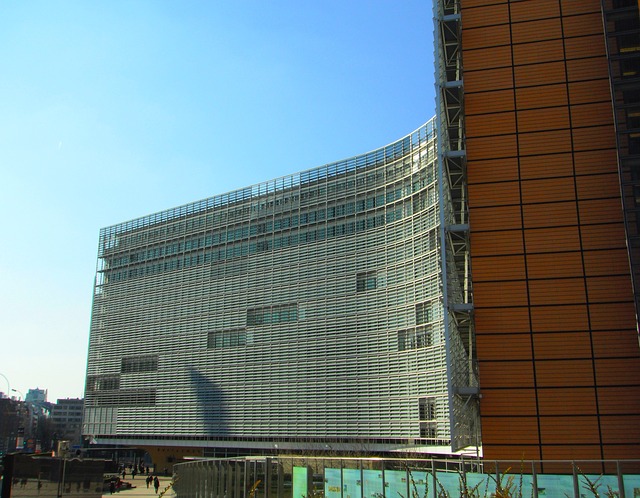The European Commission has proposed new rules to give Member States more flexibility to set Value Added Tax (VAT) rates and to create a better tax environment to help SMEs flourish. The proposals are the final steps of the Commission’s overhaul of VAT rules, with the creation of a single EU VAT area to dramatically reduce the €50 billion lost to VAT fraud each year in the EU, while supporting business and securing government revenues.
The EU’s common VAT rules, agreed by all Member States in 1992, allow Member States to apply reduced VAT rates to only a handful of sectors and products. At the same time, EU countries consider VAT rates as a useful instrument to pursue some of their political objectives. The Commission is now making good on its pledge to give Member States more autonomy on rates. Countries will be on a more equal footing when it comes to some existing exceptions to the rules, known as VAT derogations.
The Commission is also addressing the problem of smaller companies suffering from disproportionate VAT compliance costs. Businesses trading cross-border face 11 per cent higher compliance costs compared to those trading only domestically, with smaller players hit hardest. This is proving to be a real obstacle to growth, as small businesses make up 98 per cent of companies in the EU. The Commission is therefore proposing to allow more companies to enjoy the benefits of simpler VAT rules which are at the moment available to only the smallest firms. Overall VAT-related compliance costs will be cut by as much as 18 per cent per year.
Commenting on the proposal, Pierre Moscovici, Commissioner for Economic and Financial Affairs, Taxation and Customs, said: “Today we are taking another step towards creating a single VAT area for Europe, with simpler rules for our Member States and companies. These proposals will give EU countries greater freedom to apply reduced VAT rates to specific products or services. At the same time they will reduce red tape for small businesses operating across borders, helping them to grow and create jobs. In short: common rules where necessary for the functioning of the internal market; and greater flexibility for governments to reflect their policy preferences through their VAT rates.”
Pictured above: Berlaymont building, which houses the headquarters of the European Commission




